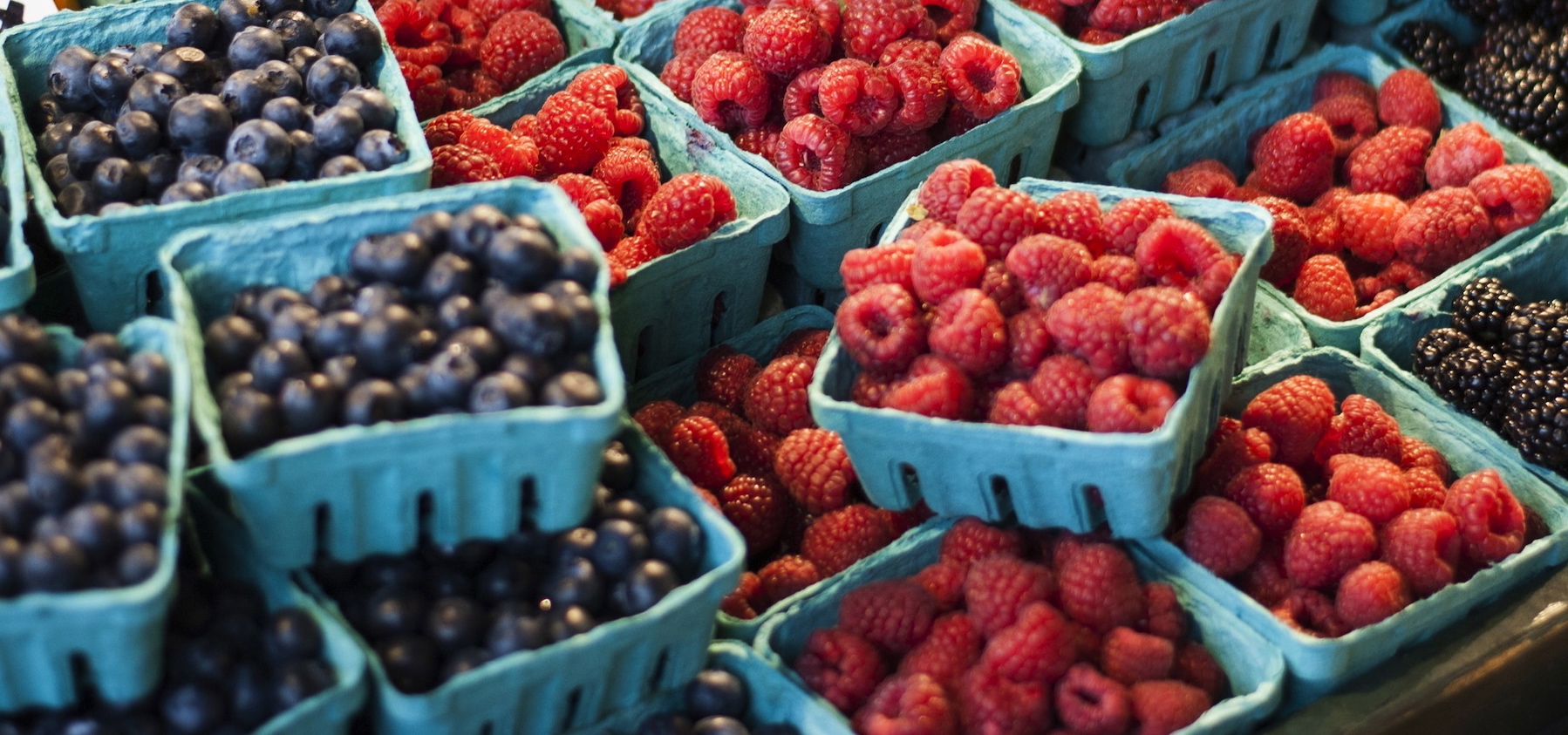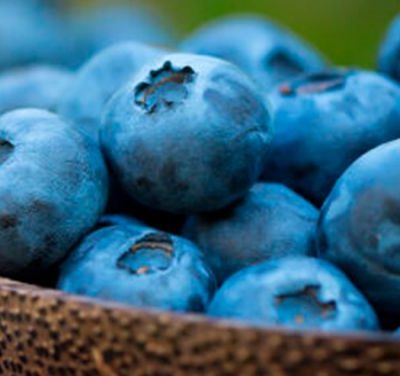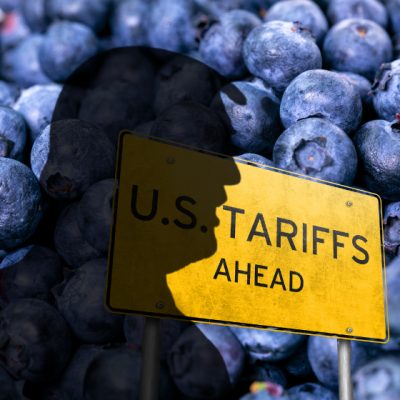Moroccan berries on UK mission
Morocco’s export control body, the EACCE, this week organised a trade mission for soft fruit exporters to the UK, held at Grosvenor House in London, allowing Moroccan companies and UK importers to benefit from one-on-one meetings.
According to the EACCE, exports from Morocco stood at 2.6m tonnes in 2015/16, of which fruit and vegetables accounted for a massive 1.5m tonnes.
The latter figure has grown markedly in the last five years, in part as a result of worldwide promotions organised by the EACCE in the Middle East, Asia, the UK, Germany and Russia, and helped by market analyses of countries including China and Brazil.
Mohamed Alamouri, president of the Moroccan association of strawberry packers and exporters (AMCEF), said that the aim of the meeting was to communicate in order to expand the possibilities for Moroccan soft fruit in the UK.
“We have the climate and the closeness to the European market to be able to deliver very good quality,” he said, stressing that the future of Moroccan soft fruit was not just about strawberries, but increasingly blueberries and raspberries. “In the next 10 years, big investments will be made in soft fruit.”
Abdellatif Bennani, president of the Moroccan association of berry producers (AMPFR), focused more on the social and environmental side of the country’s berries, highlighting the use of protected production and drip irrigation to optimise water use, the importance of good conditions and liveable wages for workers, and close control of pesticide residues.
He also raised the need to push the frozen berry segment in the UK market, since Moroccan berry exports essentially switch from fresh to frozen in the month of April.
In 2014/15, exports of fresh Moroccan strawberries to the UK stood at 5,620 tonnes, while frozen strawberries totalled just 44 tonnes. In the same period, the UK also imported 2,424 tonnes of raspberries and 1,175 tonnes of blueberries.
“The fresh berries that come to the UK from Morocco are very high quality,” he said, “and it is the same growers that produce the berries that go into the frozen segment, which are mostly exported to the US. Our mission is to make our frozen berries a success here in the UK, as we have done with fresh.”
Angela Stewart of the UK’s Fresh Produce Consortium was the one to raise the spectre of Brexit, revealing that the FPC had been lobbying ministers over trade deals and temporary unemployment restrictions. The UK remained heavily reliant on imports, she said, and Brexit would offer greater opportunities to exporters from countries outside the EU, including from Morocco.





